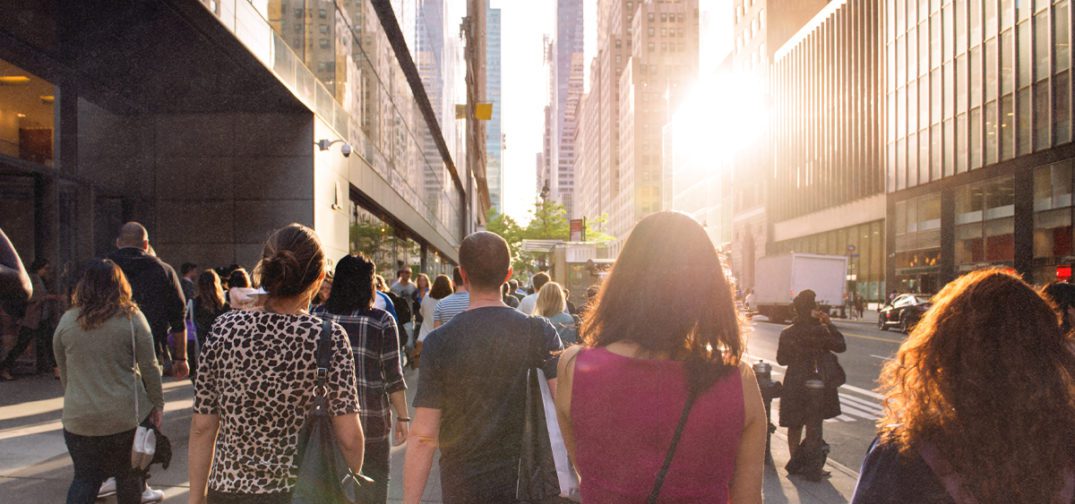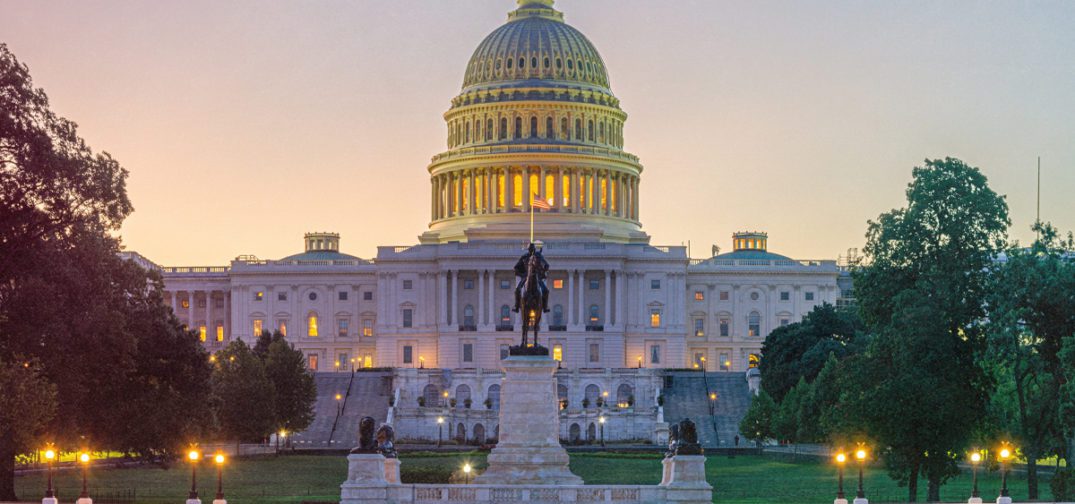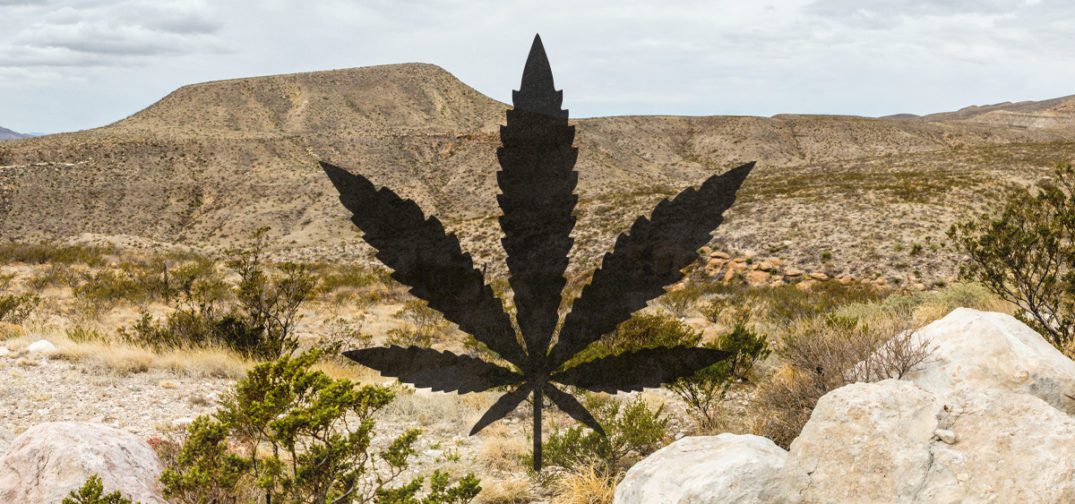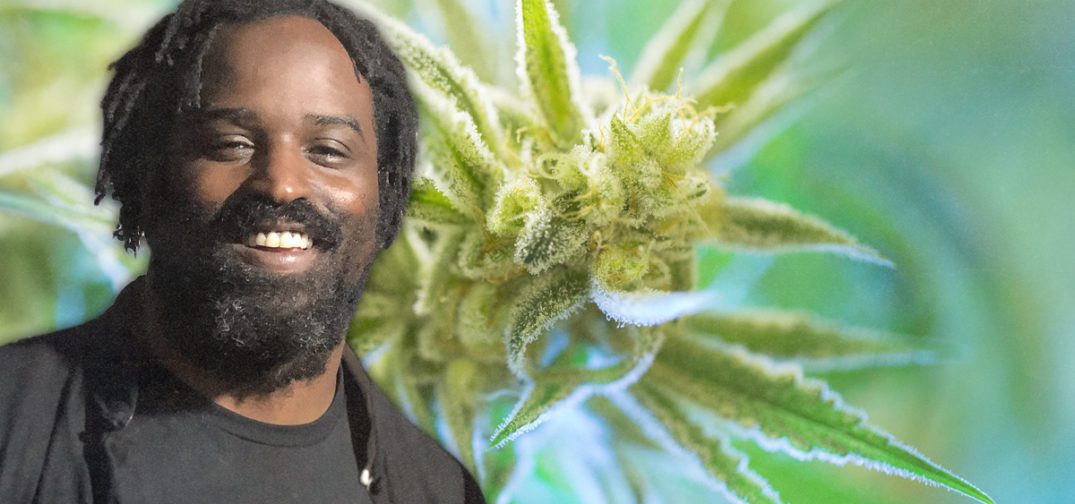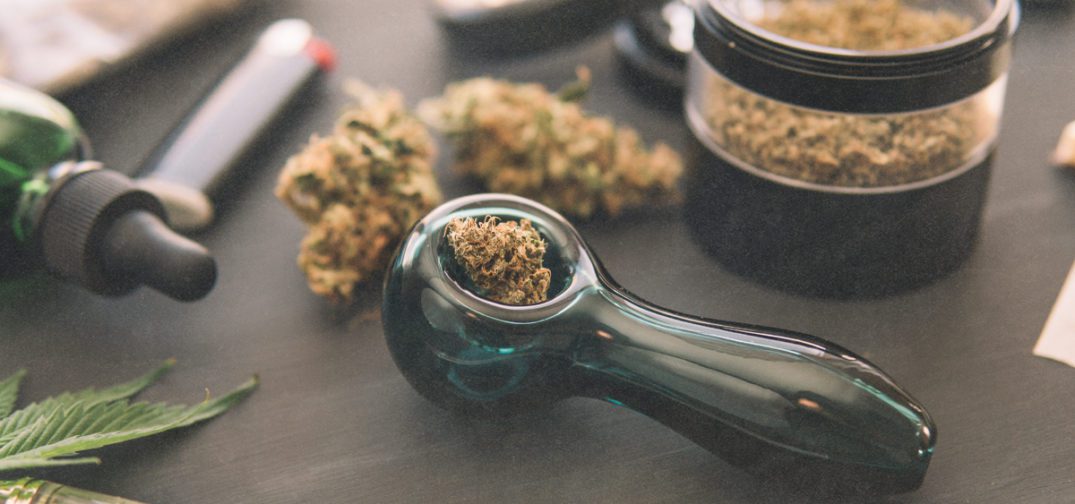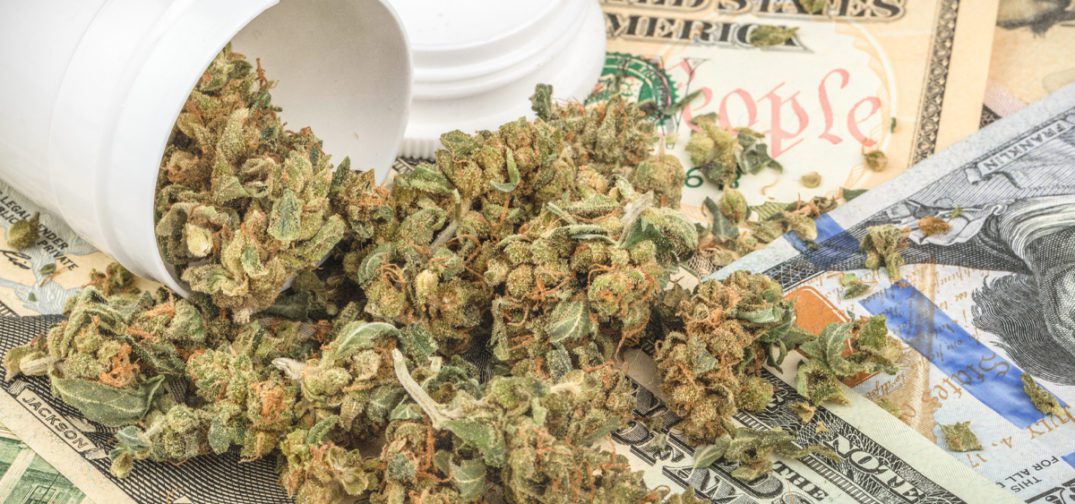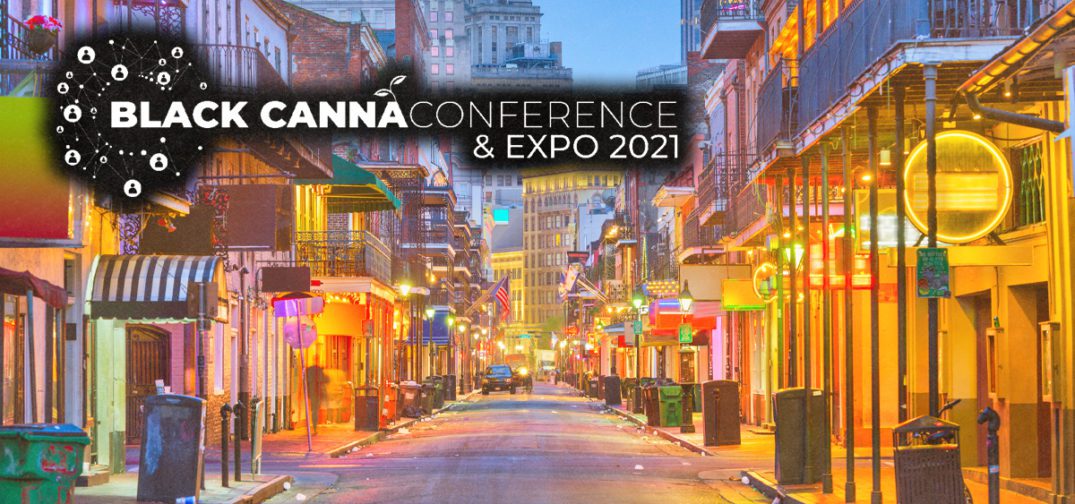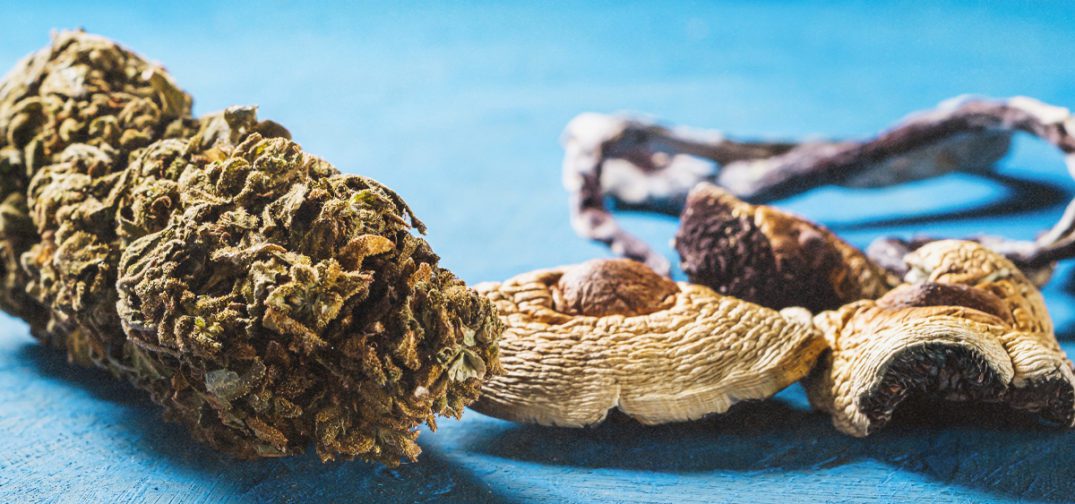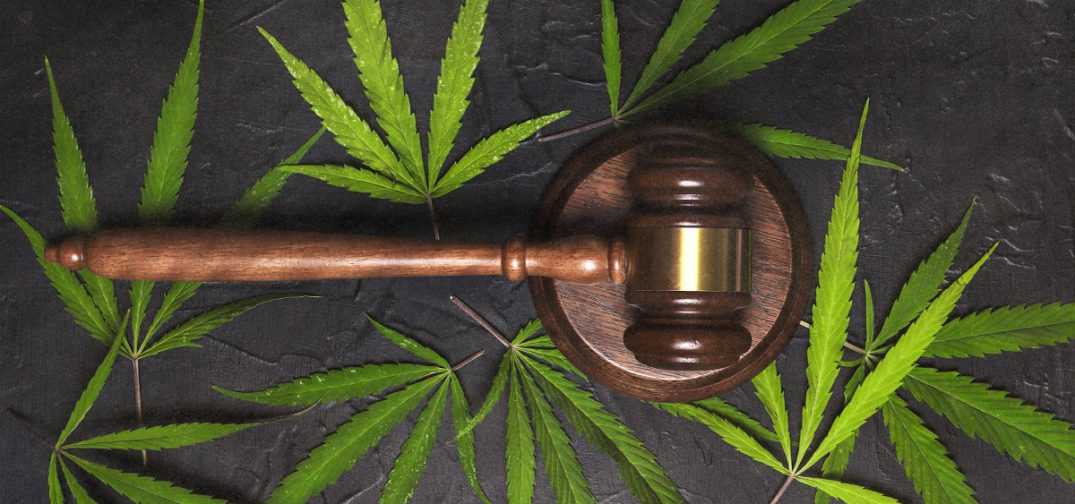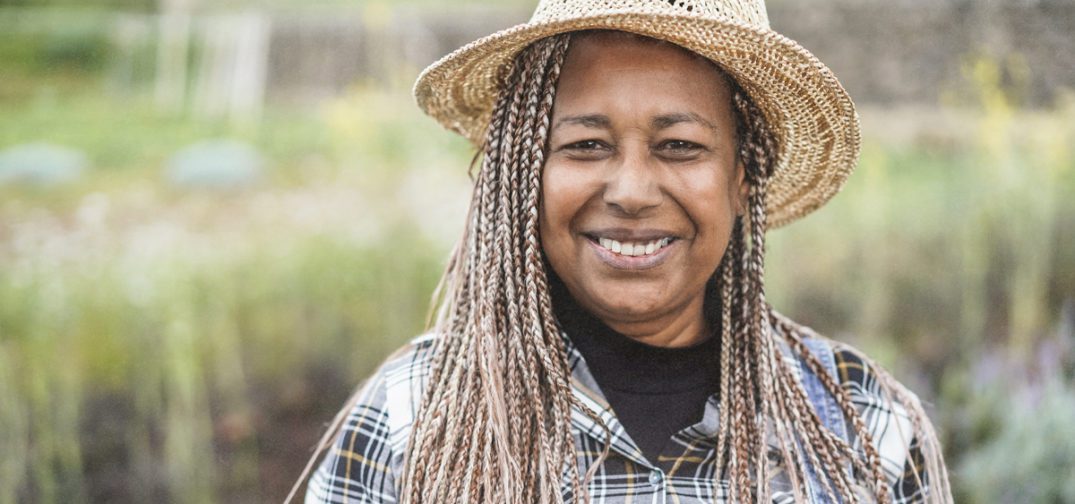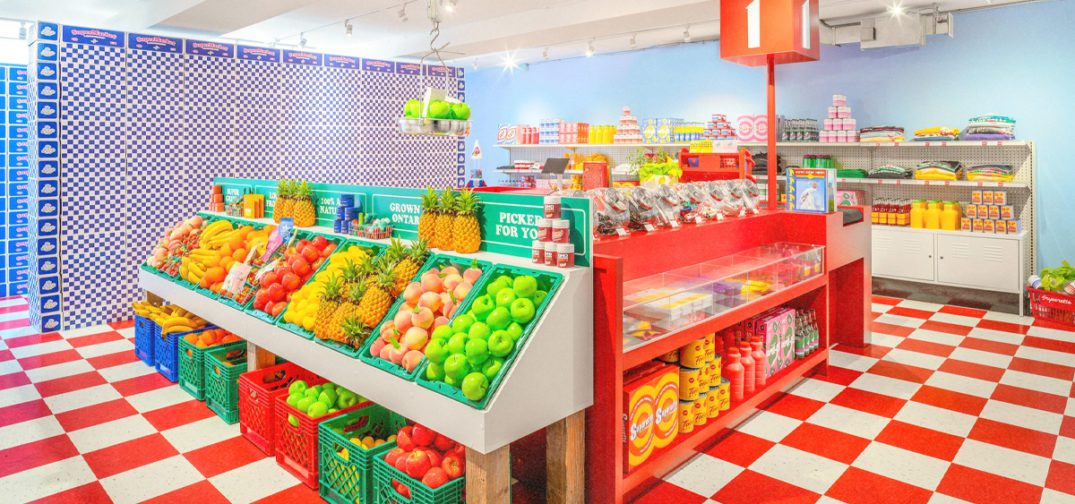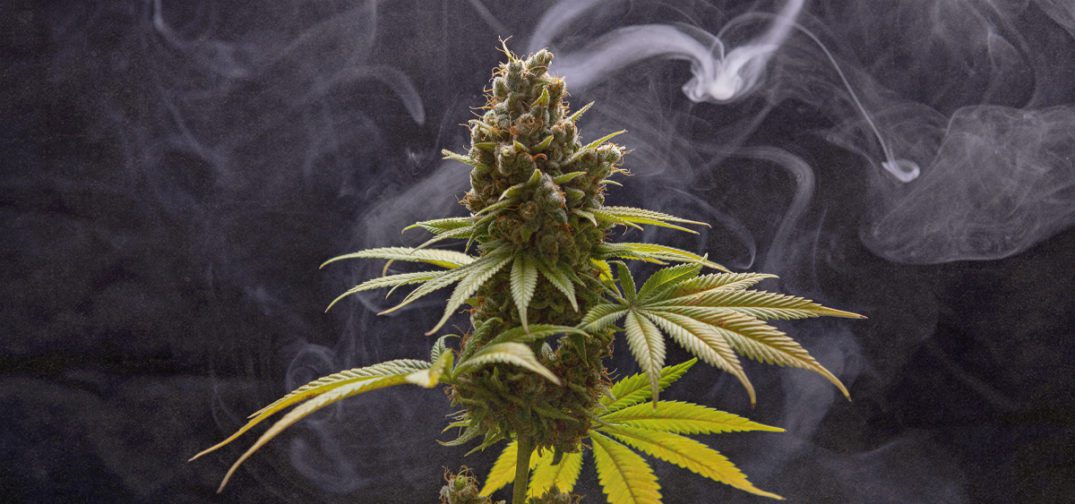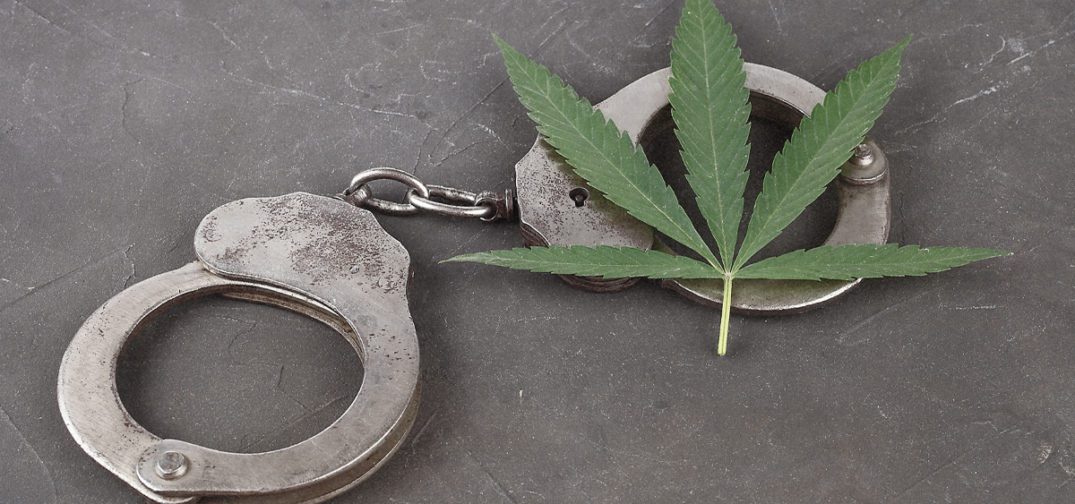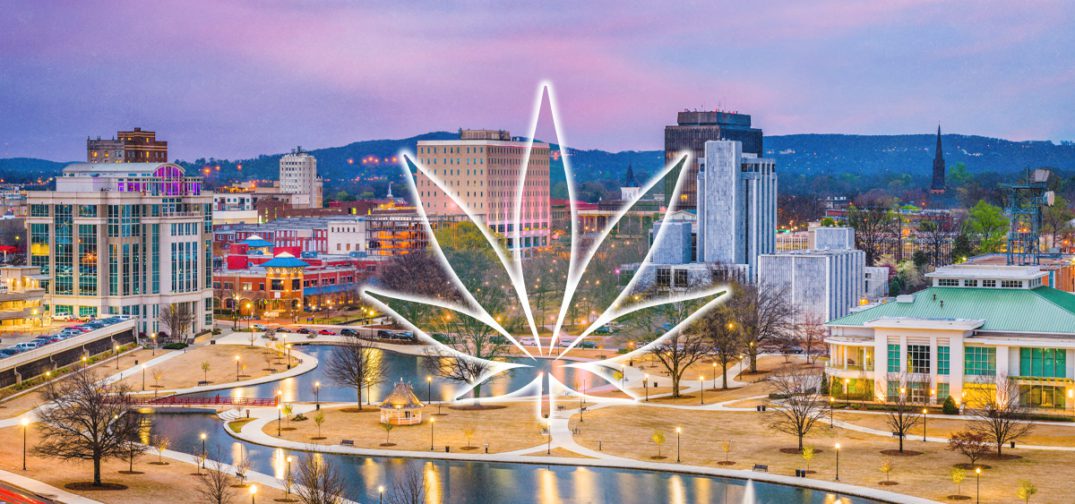An equitable cannabis industry should include legacy operators — this is the cornerstone principle at The People’s Ecosystem. The People’s brand started as a legacy dispensary founded by two women of color; it is now growing into a vertically integrated multi-state operator. They have also built an accelerator that exists solely to help other entrepreneurs and business owners move forward in the space.
“That’s always been our thing: how do we work together to create larger wealth for everybody and not one person?” said Co-Founder and CEO Christine De La Rosa.
In the history of their 13-year friendship, Christine De La Rosa and Charleen Caabay have owned two restaurants together as well as a retail shop, an art gallery, and event production companies (they used to produce one of San Francisco’s favorite Pride parties). Now, they’re building a multi-faceted and equity-focused cannabis brand.
Their first step into the cannabis space was as a legacy dispensary operating in the closet of a local Oakland non-cannabis retail store. Charleen, who is also a Bay-area chef, had developed an effective edible for her personal use that they found helped Christine function through Lupus flare-ups. Christine had a positive response to cannabis medicine compared to her prescribed opioid regimen. Because of that success, the duo started providing their community with access to the plant. They offered three in-house strains and Charleen’s heavy-hitting edible. Eventually, they expanded to the 300-square-foot loft upstairs.
When California Proposition 64 went into effect, the business partners decided to apply for retail licenses as The People’s Dispensary. The process has been brutal. Some legislation has been built in a way that looks as if social equity applicants are prioritized but in actuality, the system does not create equity at all. “We have done a lot of businesses together that were very successful, but none of them prepared me for the crippling sadness that cannabis is when trying to move from legacy to legal. It’s already hard if you’re a woman, it’s definitely hard if you’re a woman of color in just the regular marketplace,” said Christine.
Seasoned entrepreneurs Charleen and Christine wanted to continue building brand momentum as they waited for news on their retail licenses, so they have focused on the wider scope of The People’s Ecosystem, which includes a lifestyle brand, CBD wellness products, the aforementioned dispensaries, a soon-to-be-developed THC product line, and an outdoor cultivation site.
The lifestyle brand features ‘Legacy to Legends’ merch — as an act of solidarity with legacy entrepreneurs (who risked prison time for doing cannabis business), 10% of the profits from this line will go to communities targeted by the drug war. The founders encourage every cannabis business to take the same action to help repair the damage done to these neighborhoods. This prong of the Ecosystem works as a way of giving back.
The Wellness line also gives back by serving prohibition states with CBD products while they fight for legalization. This product line includes tinctures, gummies, capsules, and topicals made with Colorado-grown hemp. A seasoned formulator crafts base recipes before The People’s brand customizes them with additional plant extractions to influence effect and add aromas.
Now that the CBD line is live, their focus has shifted to launching a line of THC-infused edibles as good as those from their legacy flagship dispensary. Charleen is developing recipes that honor her heritage by infusing traditional Filipino treats with premium cannabis infusions. The chef has traveled to farms throughout California to source flower and farm partners for this endeavor. As she searches for the right farm, she takes careful note of how the plant is treated and the love that goes into the cultivation process.
“I really want the best products on our shelves,” Charleen said. “It’s just been so awesome to see companies that are really pushing to be as clean and efficient as possible…I’m all about the clean and efficient, and the intention behind it.”
The lifestyle brand, wellness line, and edibles products were all developed in the wake of the discouraging lack of progress with retail licensing. Additionally, some beginner mistakes hindered their early growth. Keeping that memory close, and looking at an industry landscape that was very male and very white, Christine and Charleen decided to build The People’s Accelerator.
They are using the knowledge they’ve acquired through painful setbacks to help other entrepreneurs of color avoid them. “We made some mistakes at the beginning that — had we had the knowledge that other people had access to that we did not have access to — we wouldn’t have,” Christine said.
There are five Accelerator companies in four states currently supported under The People’s Ecosystem umbrella. That support includes all of the assets The Ecosystem currently has access to like wholesale discounts, experiential knowledge, and a $50 million fund used to invest directly in Accelerator companies. Company leaders are supported by weekly advisor meetings where they can talk about financials, SOPs, data rooms, and branding.
The Ecosystem has also purchased land with water rights in New Mexico to serve the community there. The People’s Farm will be home to The Ecosystem’s production site and will also have 1-acre plots split off for small farmers who want to enter the cannabis space through the state’s microbusiness licenses. Each plot will have access to water and resources so they can focus on growing dank flower and establishing themselves in the developing industry. They were able to build this before New Mexico’s adult-use market was solidified by staying involved in policy building.
While California’s regulations were being established, Charleen and Christine focused on applying for a license and getting their dispensary in place, but now they wish they hadn’t trusted the system to acknowledge legacy and equity applicants.
“When we were coming out of California, I remember this very clearly, we did not participate in the regulation, the comments, nothing. From our perspective, they were gonna put the regulation together and they’re gonna tell us what we need to do to get our license. Not understanding at the time, which is the case for many of these states, that they were regulating us out of the market because we didn’t have a say, we didn’t comment at the time.” — Christine De La Rosa
After that experience, The Ecosystem has worked to empower local organizers in their regions to be more involved in building the cannabis regulatory framework in their states. Frederika Easley, The People’s Director of Strategic Initiatives, is involved in multiple levels of government on behalf of the Ecosystem. She represents The People’s interests of diversity and equity at a federal level and supports grassroots efforts working towards similar goals at the state level.
“Cannabis is the first industry where there is a possibility for people of color to actually participate in the building of the industry,” said Christine. “There is no other industry ever in the history of the US — look at railroads, look at the interstate, look at steel, look at cars. People of color have an opportunity to create generational wealth for their communities and their families.”
What started as a small project under the stairs has grown into an entire Ecosystem built around a community-driven mission of equity, and it doesn’t look like the Ecosystem’s evolution will stop any time soon. Expect the release of Charleen’s edible line in the coming months. Over the next year, there should be growth at The People’s Farm and new licenses for The People’s Dispensary.
As they grow, The People’s Ecosystem will hopefully serve as an example for other multi-state operators. Regulated cannabis businesses should redistribute a portion of their profits to community organizations harmed by the drug war. Also, successful operators should share their industry insights and mentor the next phase of entrepreneurs in the space. These are cornerstones of The Ecosystem, and the way that they are developing shows a commitment to claiming a stake in the industry for people of color.

